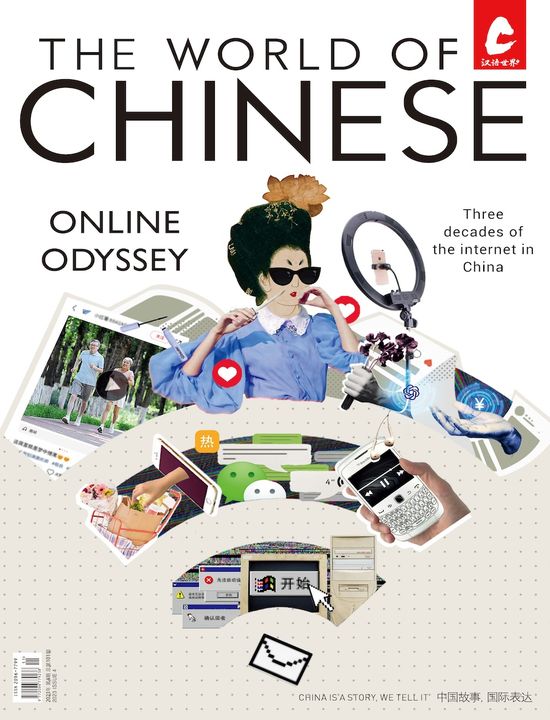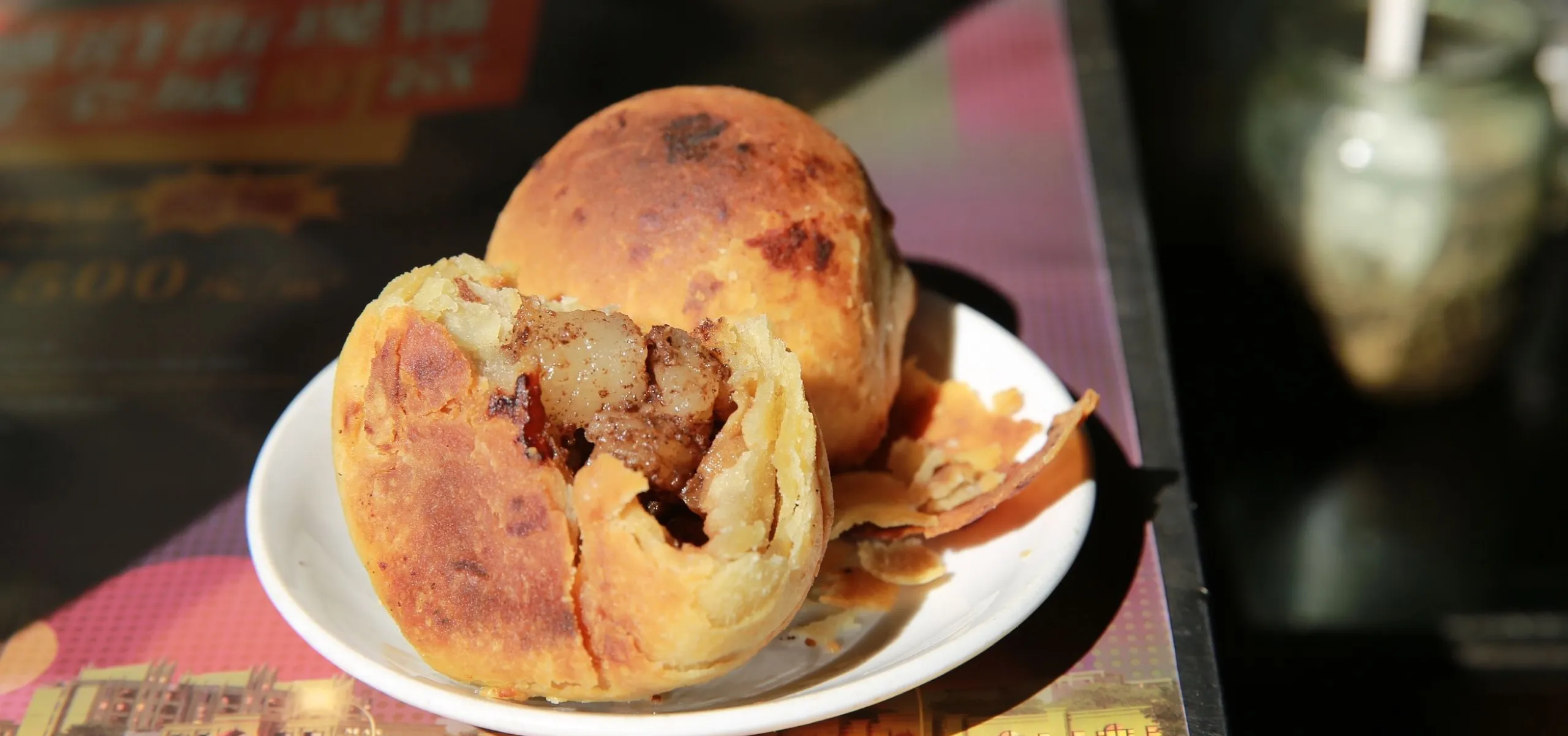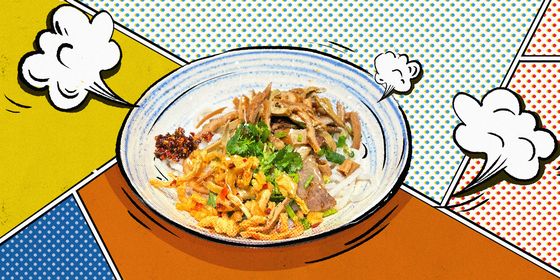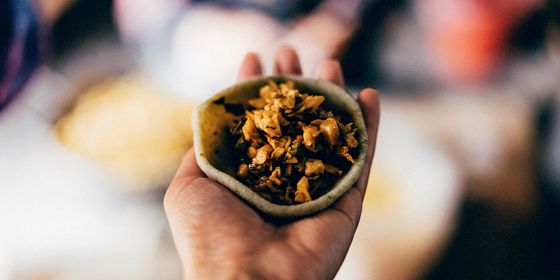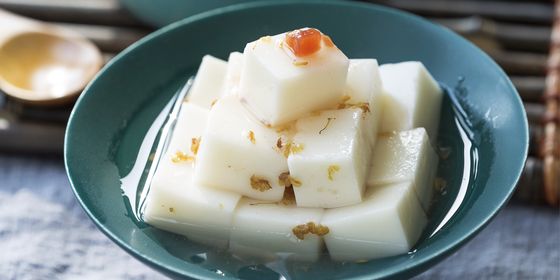These bite-sized beef pastries come with a heroic origin story
The cuisine of northeastern China, or Dongbei, is famous for its large portions of stewed meats in massive woks, steaming away in the invariably frigid winter evenings. But one exception to this reputation for large portion sizes is 火勺 (huǒsháo), literally “fire spoon” in English, a common bite-sized street snack in the Northeast.
Originating in Tieling, Liaoning province, where it remains wildly popular, huoshao is a small, thin, beef-filled pancake that’s simple to make and cheap, yet warm and filling. It should not be confused with the similarly named 火烧 (huǒ shao), another northern snack which is thicker, made of fermented flour, and can come without filling; nor 馅饼 (xiànbǐng), filled pastries which are larger and common across most of northern China.
Tieling’s huoshao has a crispy outer skin, rather than a soft pastry wrapping like other pancake foods. It is also baked on a large flat iron plate in an oven, rather than being deep fried directly in oil, and is always served fresh. Lastly, an authentic huoshao can only be filled with beef and leek; no other meat or vegetable is acceptable. This means that at a local huoshao restaurant, there’s no choosing what kind of huoshao you want—just how many.
At just 1 yuan a pop in most eateries, huoshao are a delicious cheap eat, with ten normally more than enough to satiate one person. A bowl of mutton sweetbread soup seasoned with pepper often pairs the oven-cooked huoshao, offsetting its crispy texture. A set of half-a-dozen huoshao and a bowl of soup can come to around 20 yuan.
